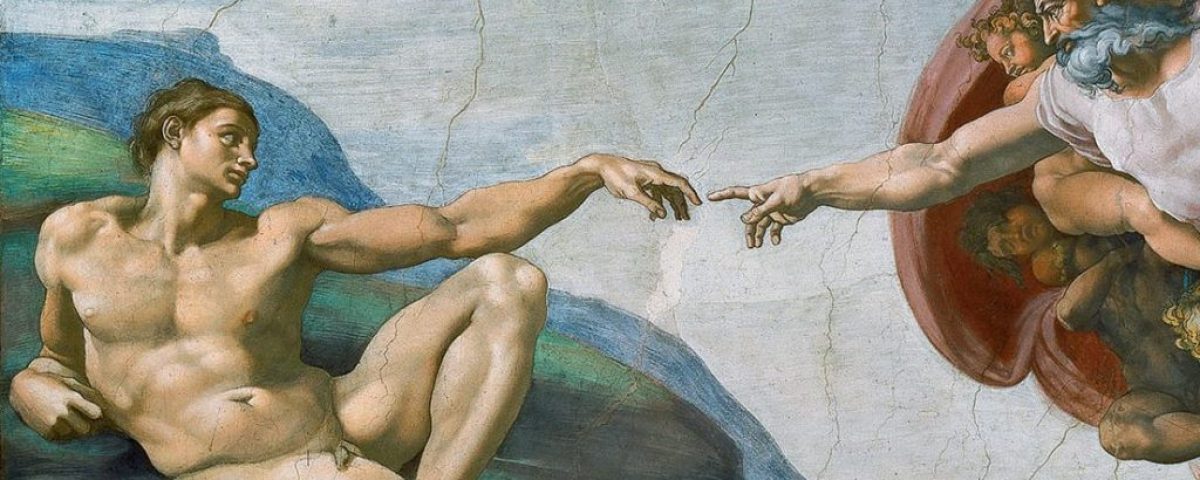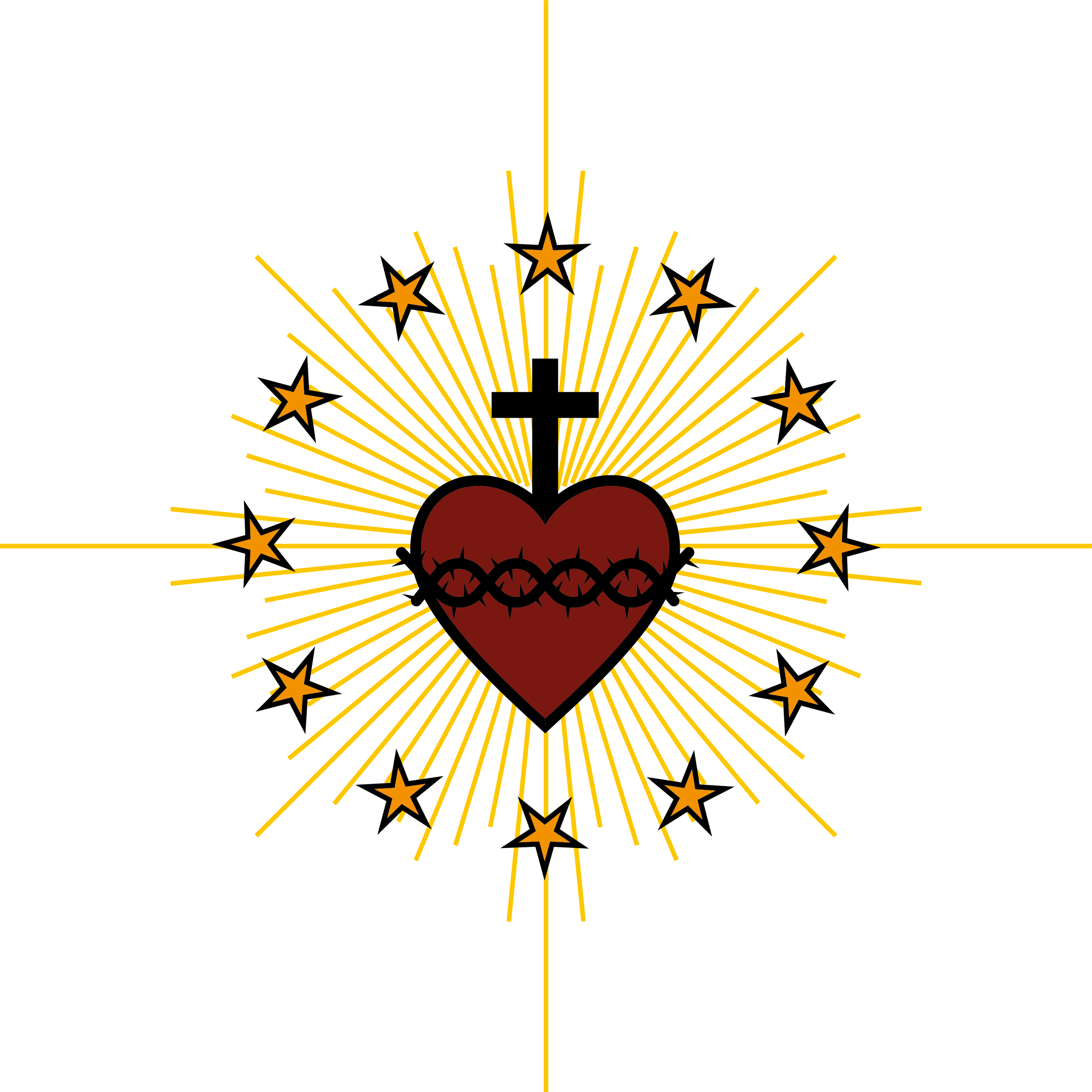Written by
Linus Ödell
Summary article: Genesis One – Summary
Background
The authorship of Genesis has been the subject of excited inquiry since the 17th century.1 It would be wrong of me to pretend to make a stand or properly present arguments about this by-its-very-nature obscure field of research in a short article such as this. Even were it feasible, the subject itself is a for the christian not very edifying area of study. There will be little if any important information gained or lost, indeed much of this article will be merely presenting the views and arguing that this entire debate is more or less a red herring.
The Views
The most fundamentalist view, which comes down to us from the rabbis, is pure Mosaic authorship. This view is almost or actually pure dictation-theory, so that Moses wrote down the account of his own death with tears in his eyes.2 On first sight it might appear that this would be a Christian dogma, since Jesus references the same tradition,3 but a mere reference to tradition for purpose of establishing a common authority is not a doctrinal assertion. If I reference “Isaiah 66:1” to you in a discussion, I am not thereby affirming that I believe (or do not believe) that what we now call the book of Isaiah has one or more authors for its different parts. I am acknowledging the authority of the book irrespective of authorship, and avoiding the debate.
This view is problematic for the Christian, not just because it’s blatantly obvious from the text that the author at least used sources, such as “The book of the wars of the Lord”,4 but also because we have no reason to believe this is how Paul received his letters, or the gospel authors their gospels, or the psalmists their psalms etc. Dictation does not seem to be the way which textual inspiration is wrought.
Next up we have the view that became popular for a while, and remains so in certain circles, that Moses compiled sources, supplemented them, and thus were made the five books of Moses as we have them today. The main issue with this is where Moses would find a vast library of Yahwistic sources, written or oral, while or right after leaving Egypt. The Israelite community was, as we know, hardly a pious bunch. So while this isn’t impossible, it poses some issues.
The most popular theory outside of Christian circles is the JEDP hypothesis, first heralded by Julius Wellhausen in the late 19th century. This is a documentary hypothesis, like the previous mentioned. It has evolved during the years but it commonly posits a later composition of earlier materials, so that the books of Moses first appeared in the way we have them now around the time of the Judean return from exile, or a little earlier. Commonly this work is ascribed to Ezra the prophet.5 The different sources compiled into what became the Torah differ in what scholars think they are, and it matters little for our purposes. What matters is that this view posits a late date for composition.
Summary
I want to highlight that none of these views are a problem for Christianity. The contents of the Torah still date back to earlier times than the actual composition, with parts being very old, and there’s no reason to limit inspiration to one point in time or one author. It’s very possible of course that the compilation happened somewhere between Moses and Ezra, and we’ll probably not find out the exact nature of how this side of the second coming.




